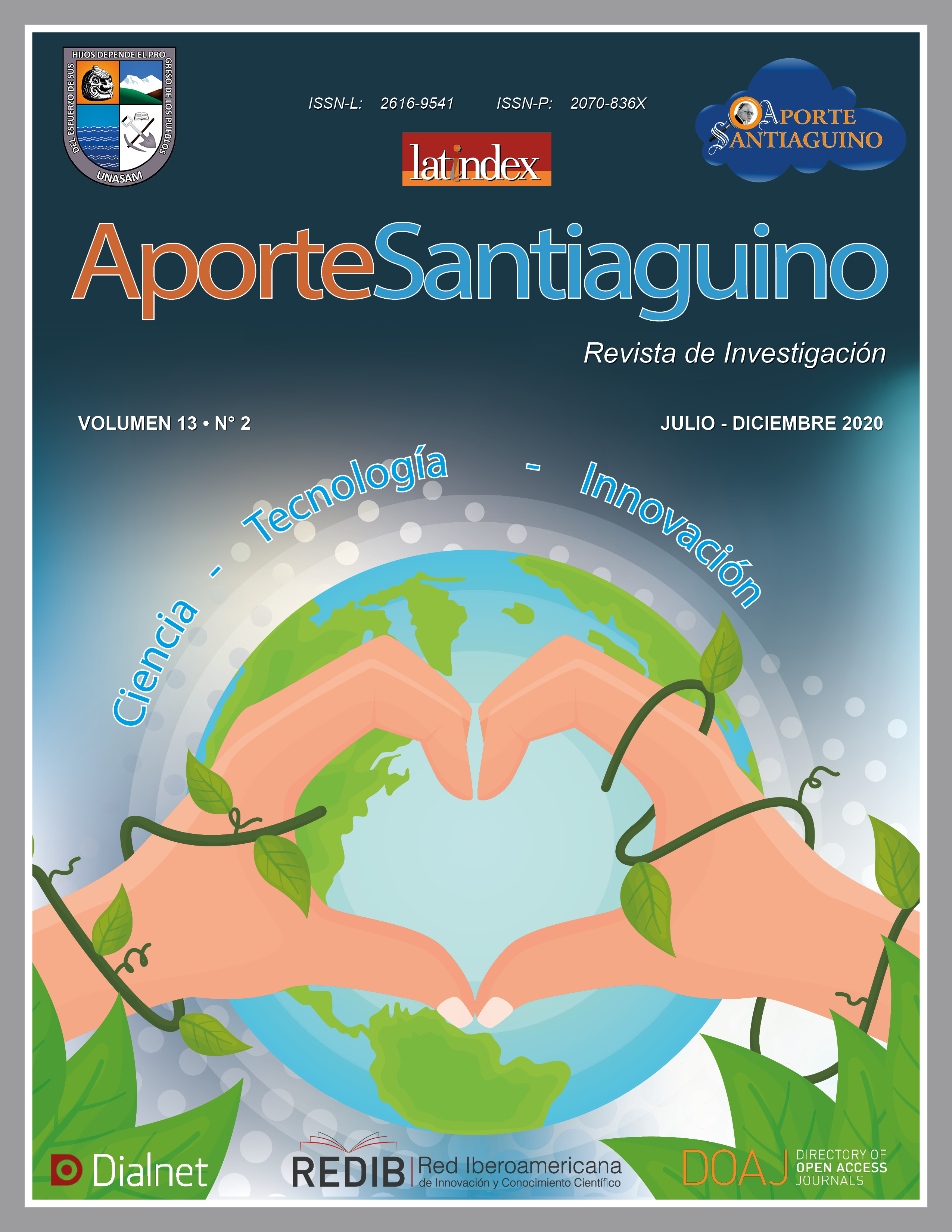Control Biológico de Phthorimaea operculella (Zeller, 1873) y Tecia solanivora (Povolny, 1973) (Lepidoptera: Gelechiidae) mediante Bacillus thuringiensis var. Kurstaki en papa almacenada en Cerro Punta, Chiriquí, Panamá
DOI:
https://doi.org/10.32911/as.2020.v13.n2.701Keywords:
Control Biológico, Polillas, Productos almacenados, Solanum tuberosumAbstract
The objective of the work was to evaluate Bacillus thuringiensis var. Kurstaki (Bt-K), as an alternative for biological control of potato moths Phthorimaea operculella and Tecia solanivora, in storage in Cerro Punta, Chiriqui, Republic of Panama. For this, five batches of potatoes were selected, subjected to different application dose of the product Dipel 6.4WG (Bt-K). A Random Complete Block Design was used, with five treatments and four repetitions. A regression analysis was also performed, depending on the dose of the product and the percentage of final damage. The batches were stored for 100 days, at controlled temperature and humidity. The treatments consisted of doses of Dipel 6.4WG from 50 g to 90 g, divided into three to five applications. As results, no significant differences were found between the treatments, keeping the damage below the permissible threshold. The regression analysis allowed estimating that, without treatment, the final damage in the tubers would have been 9.36% (R2 = 0.95), which exceeds the permissible damage threshold of 7%. In conclusion, the 50 g dose of Dipel 6.4WG divided into three applications, is sufficient to maintain the damage caused by potato moths in storage below the permissible threshold. It is recommended to repeat the experiment with lower concentrations of product and include an absolute control. The use of Bt-K should also be evaluated in warehouses used by farmers.




















